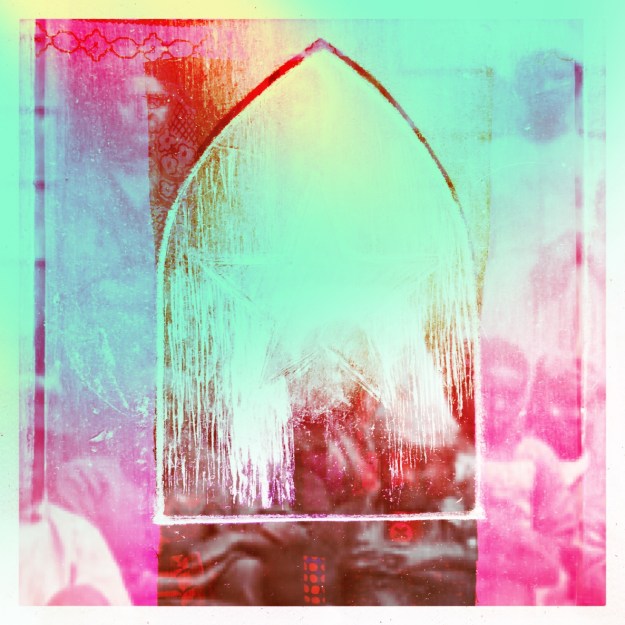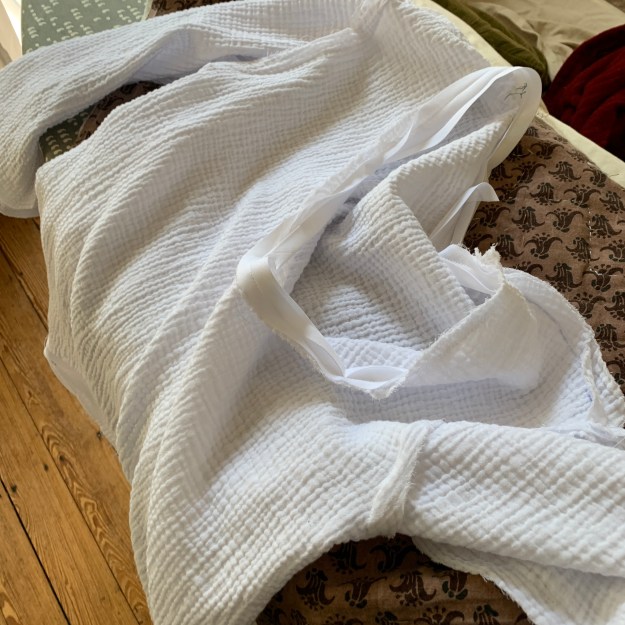
Noodling around with cover ideas
I don’t know about other writers, but in the course of writing my novel (set in South Carolina, 1737 to 1744), I wrote tons of extraneous passages. Sometime I wrote essays to clarify my knowledge about history. Sometimes I focused on secondary characters to get a better sense of them even though they didn’t figure prominently in the story. For a fair amount of “side pages,” I didn’t know why I wrote them or even that they were necessarily extraneous.
Anyway, here’s a scene I wrote four years ago featuring a secondary character named Caesar. It’s November 1744 and Caesar remains on the Lucas Plantation with a dozen other slaves. Eliza Lucas has gotten married and moved and Saffron, Saffron’s daughter, Maggie, and Indian Pete have run away, trying to reach a maroon sanctuary near Cane Creek, west of Charleston. The scene refers to his unrequited crush on Melody (one of the main narrators) and mentions how he was hobbled for an attempt at running away (that’s when they slash your Achilles tendon, if you don’t know).

Ashley River
He knew to look for the flattened grass chutes where the alligators slide in and out of the creek. Kept an eye out, too, for water moccasins — particularly as he ducked under branches where the snakes liked to sun themselves. Caesar walked slowly in any case, what with the slashed tendon on his left ankle.
Today, Sunday, no task. Mo and Hercules had gone fishing, taking the cypress raft hidden in the reeds east of the cabins. Mo knew the best places, Herc along for the ride. If they were lucky, there’d be chud for dinner.
He looked west — the direction Maggie had run and then Saffron, and then weeks later, Indian Pete. He traced an imaginary line from his trapped heart to their free bodies. It calmed him somehow. He tried to picture the maroon community at Cane Creek. Did they sing? Grow okra? Make benne wafers?
Of course he knew about the place, they all did. Been hearing about it for years, in fact. But ever since Saffron, Maggie, and Indian Pete had high-tailed it in that direction, it seemed more real. The substance of dream going from flimsy osnaburg to dense pluff mud.
He had another purpose that quiet morning. It was to observe the place where two drowning victims had been pulled out of the water last week — a white boy and his tag along. One of the Archer sons and Drake. Drake was the best fiddler in the Low Country, so his absence would be felt by the enslaved up and down the Ashley River, the next hullabaloo quieter, marked by the loss of him.
Word had it that the bodies were found clutching each other, one to the other. It was easy to understand why, in terror, a white boy and a grown black man might embrace for comfort, no matter how dull and stupid the white reactions! To them, a scandal. But what was less easily understood was the cause. What had flipped the boat and sent the two to their watery graves? Had to’ve been a gator and not necessarily a big or mean one either, just a hungry one. But he’d heard the bodies were intact?
To look west toward Cane Creek, as Caesar did again now, was to bump into the substance of freedom. Not a star barely visible in the night, too far off and lonesome to matter. Not a sack of coins buried with the sketchy hopes of buying manumission. But something more like a panther crying out — a haunting screech easily heard by all. “Freedom. Freedom.”
“Caesar! Caesar!”
Hobbled near to lame, there was no possible way for him to outrun patrollers or outwit the hounds. He might be foolish in love, moony still for Melody though she’d been gone for two seasons now, but not about what his body could or could not do. He could sow rice and weed it and harvest it and polish it and he could aerate the indigo vats with the long carved paddles. But the only reason he was still alive was that he’d stopped trying to run. That, and he was overseer’s favorite cussing target and wanted him around. Words harsh and vile were always better than the cow hide, but over time the shaming added up — like debris during freshet, when scattered leaves and branches turned into an impromptu dam.
One day one word was gonna sink Overseer’s pettiauger. Caesar would strike so fast, Mac’d never see it coming. And what with the Lucas family gone now, who would arrange his execution?
Maybe he COULD hightail it. After all, he remembered the braids on Saffron’s crown — how the turn near her ear signaled the lightning-struck tree at the head of the Choctaw trail.
He knew hunger, so he didn’t worry about that.
He hawked a pearl of spit into the creek. Resigned. “Forget it.” It’d be better to burn down the newly built barn than strike Overseer. The loss of two consecutive barns might do MacIntyre in as good as any blow to the head.
The longing to be free pulsed almost like another heart in his ribcage. If it weren’t so very familiar, so very right and real, the other heart might feel like an intruder. But the longing to be free could never be the thing that was out of place. Ever.
Slate sky. Cool air. Six months since all was upended. White lady married and moved. Mistress sailed off to the West Indies, taking with her the one woman both hearts ever loved. Melody. Who will be there to comfort her when she acutely misses Moses? Who will be there to wink and smile at the receipt of a coded letter from Philadelphia? Her son — alive and free! Phoebe, of course. Phoebe would be there.
He stood in the reeds near the new barn. It cast a bulky shadow away from him, away from the creek. It would never seem real to him, this barn. Instead, it would stand always as an imposter, a fake built on the poetic wreckage of Saffron’s flaming goodbye. Good lord, that’d been a day! Mac’s face so red it was as if he’d swallowed the fire. No mere reflection of the crackling conflagration, not the heat of his Highland rage arising, but fire consumed and eaten and then combusting behind the freckled planes of his face.
Now it was November. A Sunday. No task. A blue jay squawked past his shoulder and then wheeled and landed on the dock. Funny how some things endured: the dock, the tabby path to Porch House, tripods holding stew-pots over fires on the street, the quiet of sleep. Another jay zipped past. Landed.
Caesar pointed his chest west again in a direct line to where he imagined Cane Creek and the Free Wilds to be. So many possible outcomes! Maggie could’ve made it, but not Saffron or Indian Pete. Indian Pete could’ve made it and neither Saffron nor her daughter. If only one was to succeed, it would make sense it’d be Indian Pete what with his PeeDee father, the land in his blood. Maybe all three made it but the maroons had moved on — scared up into hills or slaughtered by some feckless and determined patroller wanting the bounty of two pence per scalp (with ears attached).
Caesar knew he’d never make the attempt, not hobbled as he was. Not unless he could steal a horse and these days there were only two on property and what with Overseer being so proper attached, he’d sense an absence before a single, shuddering nicker of escape was made.
No, Caesar was stuck, like so many.
Being stuck was one of the very least affronts of slavery, but it still counted, and like shame, its unbearability accrued over time.
Both jays flapped off. Caesar was abandoned yet again. He had no wings, no horse, no pair of properly operating feet. Here he was on a Sunday in November under a slate-grey sky. He could stay out of trouble so that Overseer didn’t brand his face with an “R” or castrate him. He could maybe go to his grave with both ears still attached to his head. These were not nothing.

McCleod Plantation
***
Another post about maroon communities.


















 His pamphlet or Slave Almanac was later copied in large measure by better known abolitionist John Wesley and relied upon by the likes of Granville Sharp.
His pamphlet or Slave Almanac was later copied in large measure by better known abolitionist John Wesley and relied upon by the likes of Granville Sharp.







